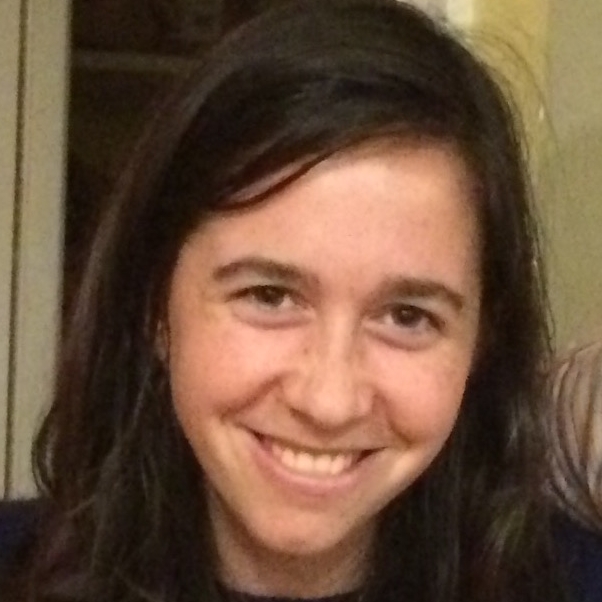Field- and clinically derived estimates of Wolbachia-mediated blocking of dengue virus transmission potential in Aedes aegypti mosquitoes
SPEAKER: Lauren Carrington
Research Fellow
University of Melbourne
Department of Microbiology & Immunology
Peter Doherty Institute for Infection & Immunity
Based at:
Oxford University Clinical Research Unit (OUCRU)
Ho Chi Minh City
Vietnam
ABSTRACT:
The wMel strain of Wolbachia can reduce the permissiveness of Aedes aegypti mosquitoes to disseminated arboviral infections. Here, I present data demonstrating that wMel-infected Ae. aegypti lower dengue virus (DENV) transmission potential and extend the virus extrinsic incubation period relative to wild-type counterparts, after direct feeding on acutely viremic dengue patients. Furthermore, using patient-derived viremic blood meals and mosquitoes reared directly in the field, the relative protection afforded by Wolbachia against DENV was even greater, compared to lab-rearing conditions. This is explained by an increased susceptibility of field-reared wild-type mosquitoes to infection than laboratory-reared counterparts. These field- and clinically relevant findings support the continued careful field-testing of wMel introgression for the biocontrol of Ae. aegypti-borne arboviruses.
In addition to these data, I discuss our efforts to calibrate our lab-based mosquito in vitro transmission assay with a more realistic, non-human primate infection model. In this collaboration with the US Armed Forces Research Institute for Medical Sciences (AFRIMS; Bangkok, Thailand), we capture data on the viral kinetics and serology in Rhesus macaques after direct bites by DENV-infected mosquitoes. Establishment of such an infection model may provide additional evidence supporting reduced transmission of arboviruses from Wolbachia-infected mosquitoes to humans.
Finally, current arbovirus surveillance methods in Vietnam capture only those cases with clinical manifestations. I introduce a new surveillance study being established in Ho Chi Minh City, where the positive detection of ZIKV infected mosquitoes through active mosquito surveillance will lead to the initiation of human cluster investigations. This surveillance network will provide this urban hub, hyper-endemic for DENV and now ZIKV, a new level of spatial and temporal data relating to virus transmission dynamics, that continues to go unseen by standard clinical surveillance methods.
Streaming video: the seminar will be broadcast live once the event has started. The video recording may also be viewed at a later date. [link]



























